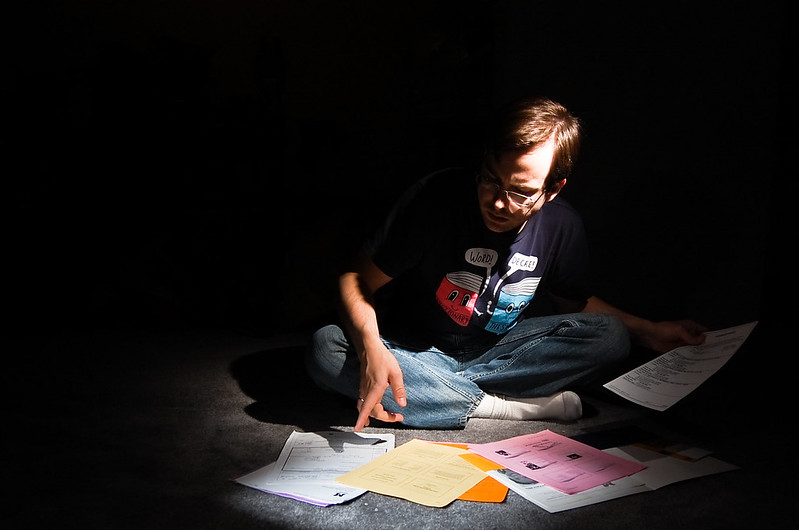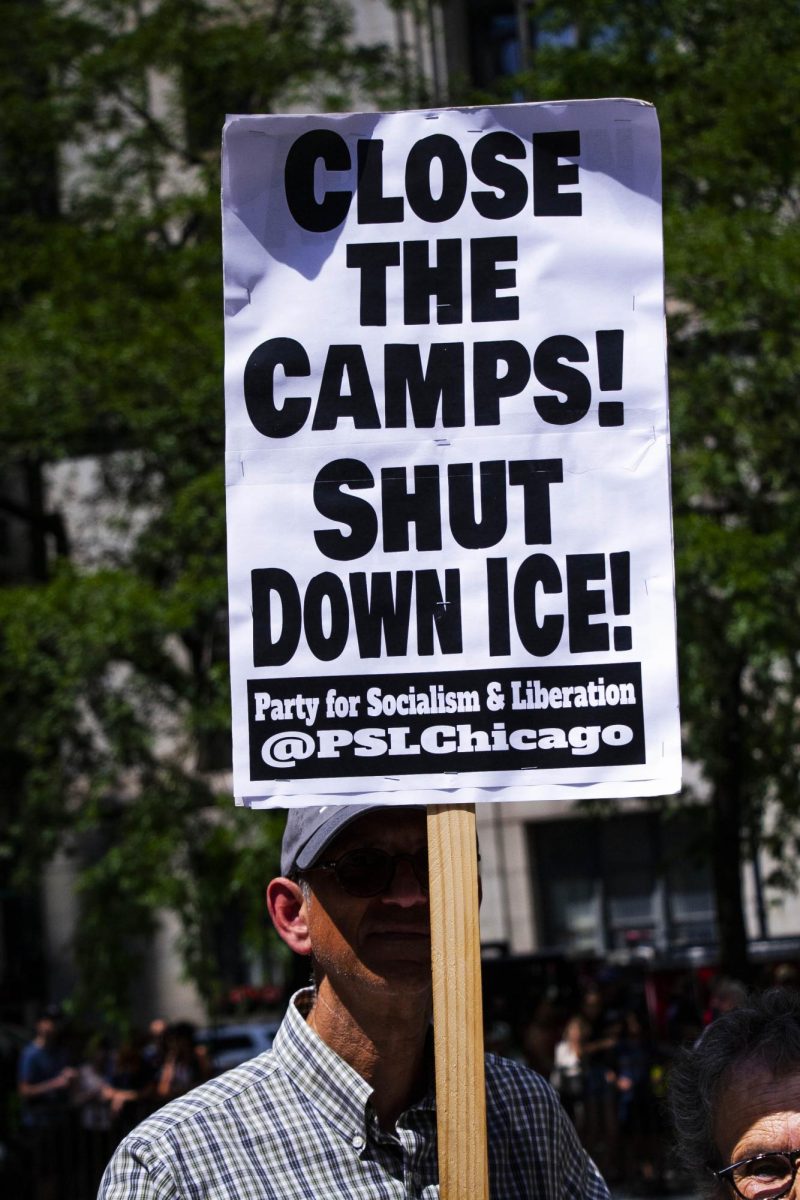By Eliza Brooks/Staff Writer
A crowd of people dressed in black solemnly look on while a pastor makes final remarks for a fallen soldier who is being laid to rest. A short stretch away a group of people look on in a completely different way. They hold picket signs and scream in protest. On sign reads “Pray for more dead soldiers.” Another one reads “God killed your son.” This is a scene this is not too unlike the one Albert Snyder, the father of a Marine who was killed in the line of duty, was presented with. The funeral of his son was disrupted by the actions of members of Westboro Baptist Church; a church known for there extreme protests. The first reaction many have to such an on occurrence is pure and utter shock. A feeling of repulsion might even come into play. The question of how such an event could take place would be at the forefront of most minds. This question can perhaps bring more questions than answers into play and the answers offered may not be fitting in every situation. As it stands, this is okay. According to the first amendment, every American has the right to free speech. Under this freedom of speech umbrella falls the right to protest, but where is the line? This is a matter that has been up for debate in recent trials but there is still no clear answer.
Is it just to infringe on the rights of the rights of others in an effort to make use of your own? Every right has a limit and this one should be no different. As Americans we are granted more freedoms that others. With this comes a responsibility to use these freedoms in a reasonable manner. If we were to all push our rights to the limit we would constantly step on the toes of others resulting in constant conflict. We must instead be conscious or not just what we want, but what is best for the greater good. With this the room for mutual and respect will arise. This in turn has the potential to bring rise to us, as a whole, being receptive to the thoughts and ideas of other.
Initially Snyder won $5 million in a trial on the grounds that there was intentional emotional distress caused by the protest. That was later reversed when it was ruled that Westboro Baptist was within the lines of the rights granted by the first amendment. The line between what is and what isn’t protected is a thin one. One that will be questioned for years to come. The resolution to such a question is may not necessarily found in the lines of politics but instead in our personal morals and for supposed Christians, like the protesters for Westboro Baptist Church, in religion. When the complexity of the this issue is addressed in it’s entirety a common ground will be found. Until then we will be stuck playing the game of politics. A game with no clears rules and no distinct winner.






